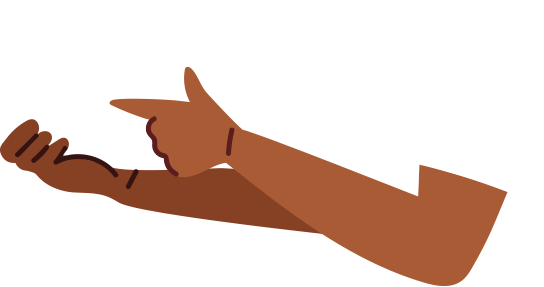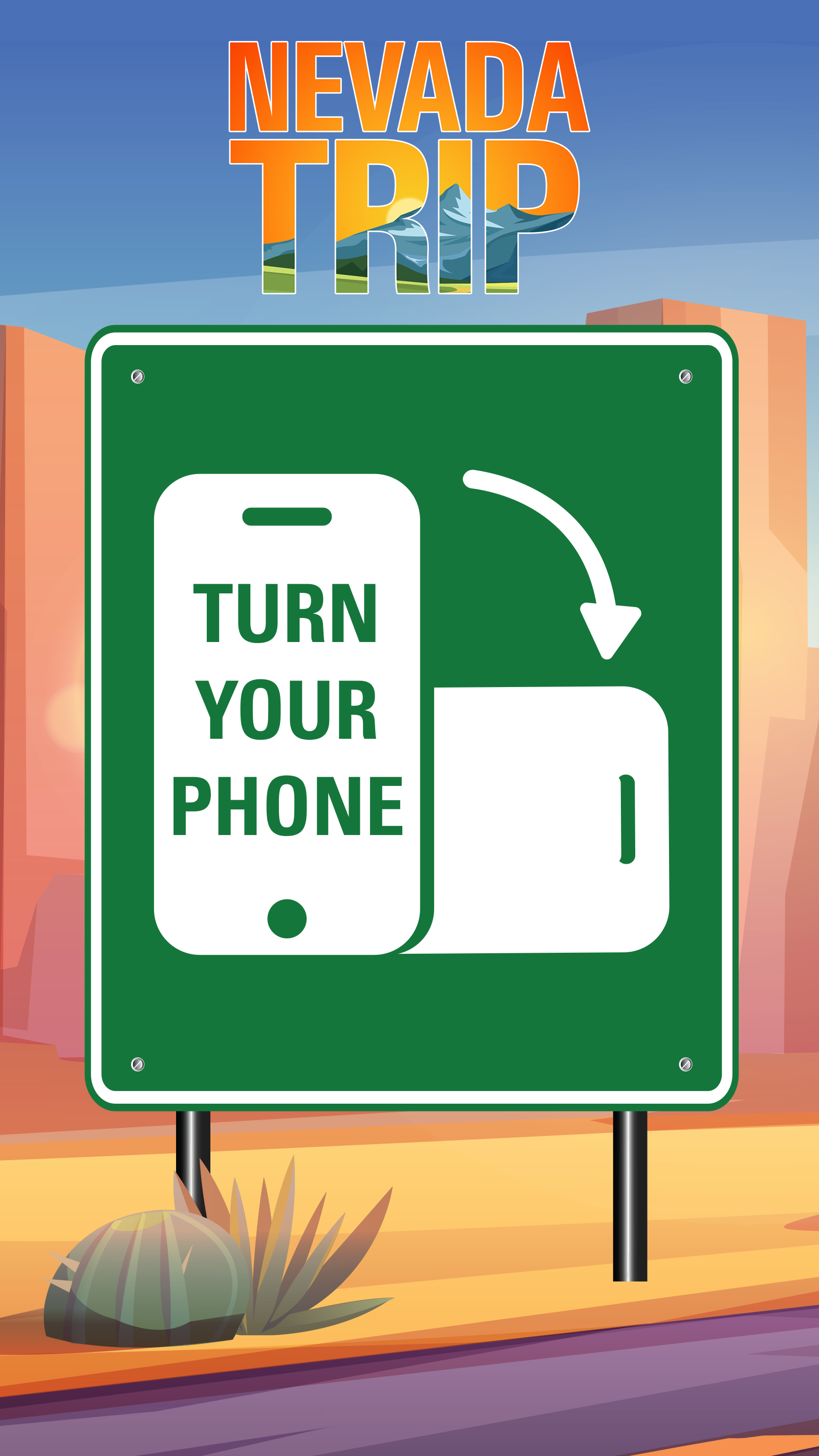Hi there, I’m Rhonda and I’m here to help you if you’re not sure about whether or not you can get extra help and services. It’s easy, just click my clipboard! We’ll go over a few questions to help you figure things out. You can also click on the books on my shelf to learn more on your own.
Remember, you can add family, advocates, teachers, counselors, or any other support you like as passengers on your TRIP. You can always add or remove passengers later through your dashboard in the menu.

Am I in the right place?
Disability Information
Here you see some information about different disabilities. Some people have one, others more than that, but everyone is unique and understanding those differences is one of the best kinds of knowledge.
- Mobility
- Cognition
- Independent Living
- Hearing
- Vision
Mobility: Serious difficulty walking or climbing stairs.
Cognition: Serious difficulty concentrating, remembering, or making decisions.
Hearing: Deaf or serious difficulty hearing.
Vision: Blind or serious difficulty seeing, even when wearing glasses.
Disability Definitions
Some people have certain disabilities. These are the official definitions of different disabilities according to the State of Nevada. Nevada students with any of these disabilities can get special education services.
Click on the following categories to learn more:
- Autism
- Deaf-Blindness
- Deafness
- Developmental Delay
- Emotional Disturbance
- Hearing Impairment
- Intellectual Disability
- Multiple Disabilities
- Orthopedic Impairment
- Other Health Impairment
- Specific Learning Disability
- Speech or Language Impairment
- Traumatic Brain Injury
Autism: A developmental disability significantly affecting verbal and nonverbal communication and social interaction, generally evident before age three.
Deaf-Blindness: Simultaneous hearing and visual impairments that cause severe communication, developmental, and educational needs.
Deafness: A severe hearing impairment that impairs processing of linguistic information through hearing, adversely affecting educational performance.
Developmental Delay: For children from birth to age three (IDEA Part C) and ages three through nine (IDEA Part B), this refers to delays in physical, cognitive, communication, social, or adaptive development.
Emotional Disturbance: A condition exhibiting one or more characteristics over a long period, such as an inability to learn, maintain relationships, inappropriate behavior, pervasive mood, or physical symptoms linked to personal/school problems.
Hearing Impairment: An impairment in hearing that adversely affects a child’s educational performance but isn’t severe enough to be classified as deafness.
Intellectual Disability: Significantly subaverage intellectual functioning with deficits in adaptive behavior, adversely affecting educational performance.
Multiple Disabilities: Simultaneous impairments (e.g., intellectual disability-blindness) that result in severe educational needs that cannot be accommodated by addressing only one of the impairments.
Orthopedic Impairment: A severe impairment caused by congenital anomaly, disease, or other causes like cerebral palsy or amputations, affecting educational performance.
Other Health Impairment: Limited strength, vitality, or alertness, due to chronic or acute health problems, affecting educational performance. Examples include asthma, ADHD, diabetes, epilepsy, etc.
Specific Learning Disability: A disorder in one or more psychological processes involved in language understanding or use, affecting abilities like listening, thinking, speaking, reading, or writing.
Speech or Language Impairment: A communication disorder, such as stuttering or impaired articulation, that affects educational performance.
Traumatic Brain Injury: An acquired brain injury from an external physical force, resulting in functional disability or psychosocial impairment that affects educational performance.



